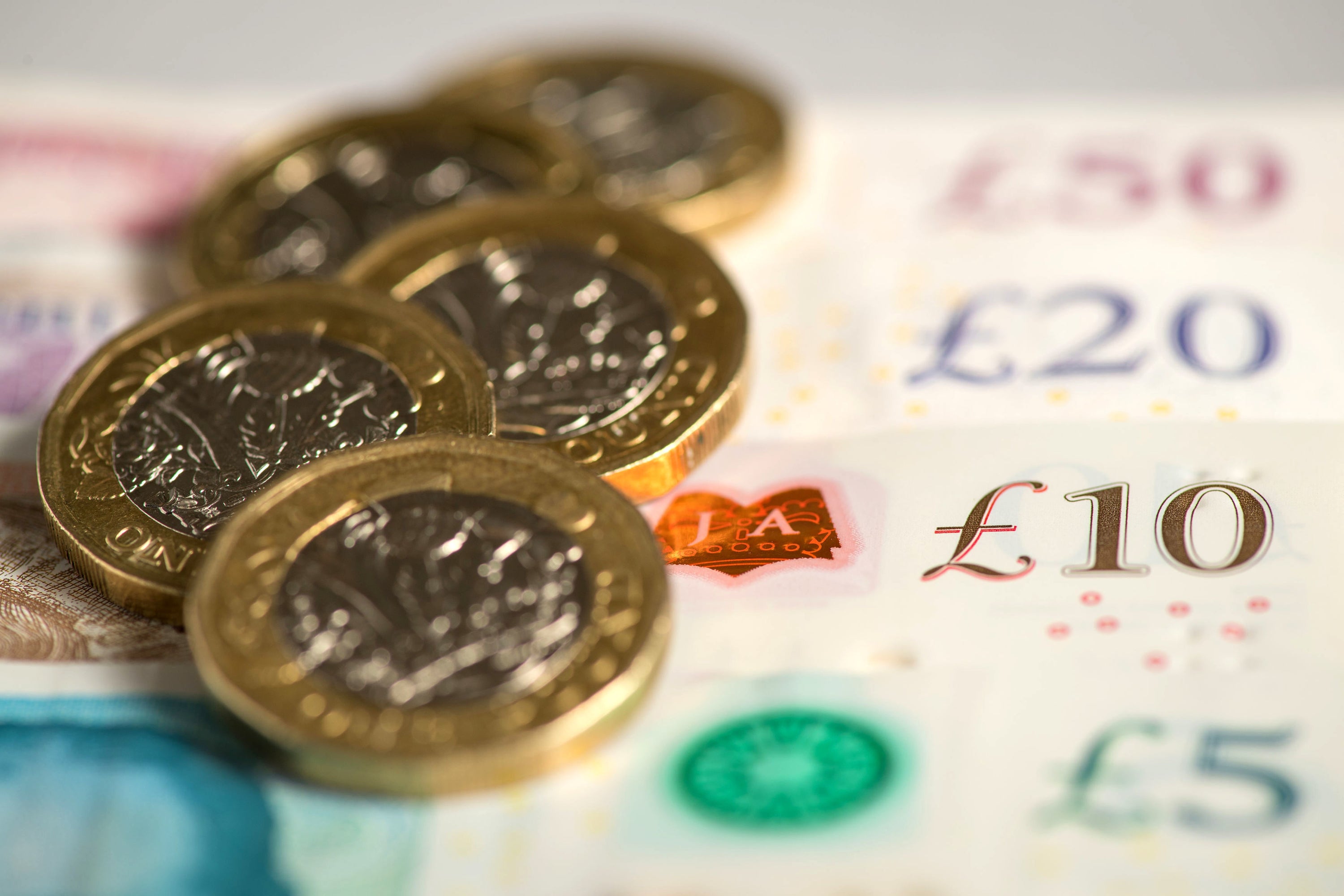Building societies top Which? green rankings for savers
Which? said that more than a quarter of its members say they care about the values of the companies which they invest their savings in.

Your support helps us to tell the story
From reproductive rights to climate change to Big Tech, The Independent is on the ground when the story is developing. Whether it's investigating the financials of Elon Musk's pro-Trump PAC or producing our latest documentary, 'The A Word', which shines a light on the American women fighting for reproductive rights, we know how important it is to parse out the facts from the messaging.
At such a critical moment in US history, we need reporters on the ground. Your donation allows us to keep sending journalists to speak to both sides of the story.
The Independent is trusted by Americans across the entire political spectrum. And unlike many other quality news outlets, we choose not to lock Americans out of our reporting and analysis with paywalls. We believe quality journalism should be available to everyone, paid for by those who can afford it.
Your support makes all the difference.The UK’s building societies are the best choices for environmentally conscious savers, according to Which?
The consumer group found more than a quarter of its members said they care about the values of the companies they invest their savings in.
But more than two-thirds said they would not know how to find information about a bank’s green credentials, Which? said.
“It can be incredibly difficult for consumers to gauge how sustainable a product or company is, but when it comes to savings providers our research shows building societies and specialist banks are doing a better job on sustainability and transparency, compared to high street banks,” said Jenny Ross, Which? Money editor.
Which? ranked 18 banks and building societies based on publicly available information.
They were rated across four categories: environmental reporting, carbon management and reporting – the most important category – transparency and ethos.
Although building societies crowded the top of the company’s index, it was an ethical bank, Triodos that topped the ratings.
Joint second were Nationwide and Ecology Building Society.
The Co-operative Bank finished sixth, while NatWest Lloyds, HSBC, Barclays and Santander languished in mid-table.
The Co-op did well because of a target not to send waste to landfills, but its sustainability report did not elaborate on how it helps customers deal with their environmental impact.
Ms Ross said: “While interest rates are often the deciding factor when choosing a savings provider, we know some consumers would consider moving their money if they found it was invested in industries that harmed the environment. Providers must be more transparent to help consumers compare and make informed choices.”
Triodos Bank chief executive Bevis Watts said: “Sustainability is absolutely at the heart of Triodos Bank and we’re pleased to enable people’s money to be used as a force for good through our savings accounts, as well as current accounts and investments.”
A spokesperson for Santander, the worst performing high street bank on the index, said: “Our purpose is to help people and business prosper, which permeates the way we conduct our business and it is at the core of our sustainability strategy.
“We are committed to recognising the impact we have on all our stakeholders, and aim to be responsible in everything we do.
“We have invested in developing a UK-wide sustainability strategy and over the last year we evolved our priorities and ambition levels to ensure we accelerate our journey to become a truly responsible bank.”